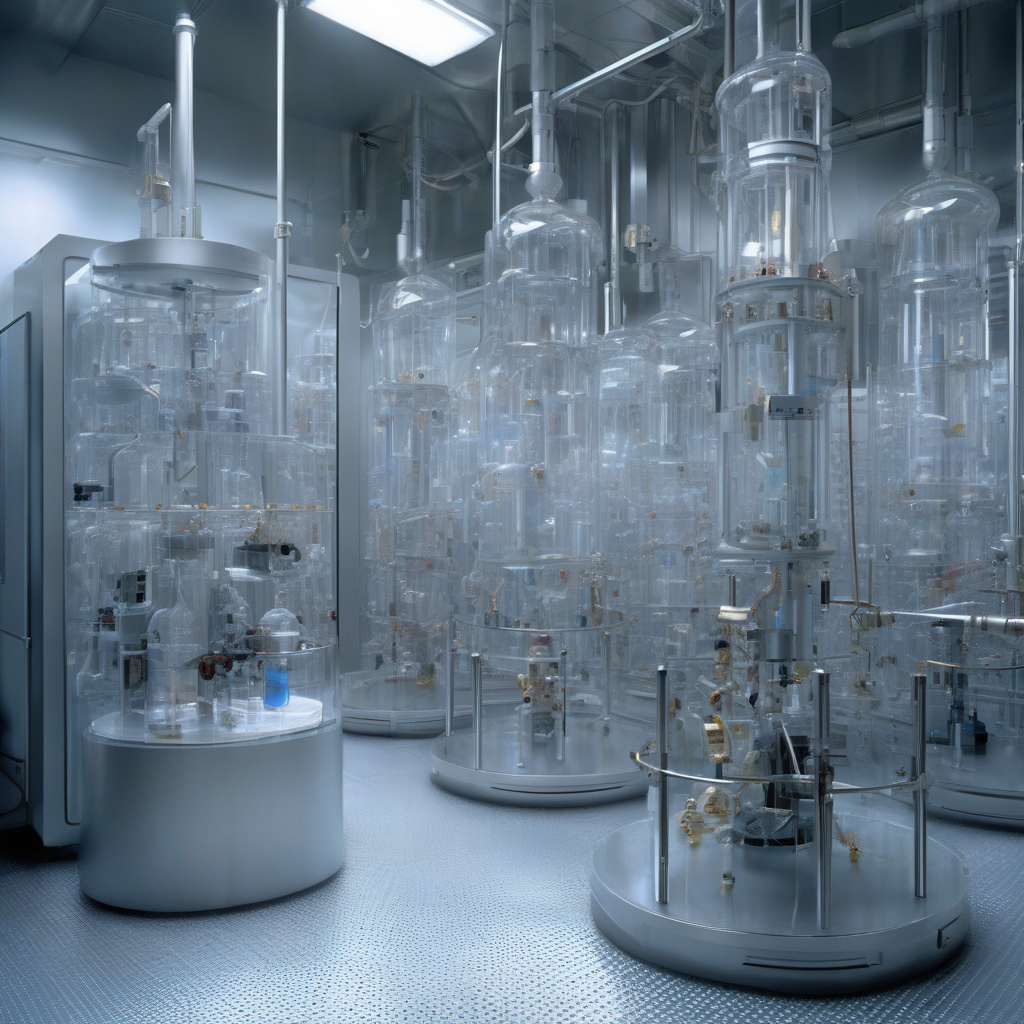Quantum Rain Falls Observed: Liquid Behavior Detected in Ultracold Gas
A team of European researchers has observed the spontaneous formation of droplets in an ultradilute gas at ultracold temperatures, revealing intriguing insights into the behavior of quantum matter. This groundbreaking discovery, published in a recent issue of Science, sheds light on the complex nature of quantum systems and opens up new possibilities for studying and manipulating matter at the smallest scales.
The study, led by Dr. Elena Zin at the University of Vienna, focused on a gas of highly magnetic atoms cooled to temperatures just a few billionths of a degree above absolute zero. At such extreme conditions, the atoms exhibit peculiar quantum behavior, behaving more like waves than particles. By precisely controlling the magnetic interactions between the atoms, the researchers were able to observe the emergence of liquid-like droplets within the gas.
What makes this observation particularly fascinating is that it defies our conventional understanding of how liquids form. In everyday life, liquids are characterized by the cohesive forces between their molecules, which keep them together in droplets or pools. However, in the realm of ultracold quantum gases, where atoms obey the laws of quantum mechanics rather than classical physics, the formation of droplets occurs through a completely different mechanism.
The researchers found that the droplets in the ultracold gas were held together by quantum fluctuations in the magnetic field, rather than traditional intermolecular forces. This phenomenon, known as quantum stabilization, highlights the unique properties of quantum matter and its propensity to exhibit unexpected behaviors under extreme conditions.
Moreover, the formation of liquid-like droplets in an ultradilute gas has significant implications for our understanding of quantum systems. By studying the dynamics of these droplets, researchers can gain valuable insights into the collective behavior of quantum particles and the ways in which they interact with each other. This knowledge could pave the way for advancements in quantum technology, such as the development of more efficient quantum computers or sensors.
In addition to its scientific implications, the discovery of liquid behavior in an ultracold gas showcases the power of experimental techniques in probing the mysteries of the quantum world. By pushing the boundaries of what is possible in the laboratory, researchers are able to unveil new phenomena and deepen our understanding of the fundamental principles that govern the universe.
As we continue to explore the frontiers of quantum physics, discoveries like the observation of quantum rain falling in an ultracold gas remind us of the endless possibilities that lie ahead. By harnessing the power of quantum mechanics, we can unlock a wealth of knowledge and potential applications that promise to shape the future of technology and science.
#QuantumPhysics, #UltracoldGas, #LiquidBehavior, #QuantumTechnology, #EuropeanResearchers












